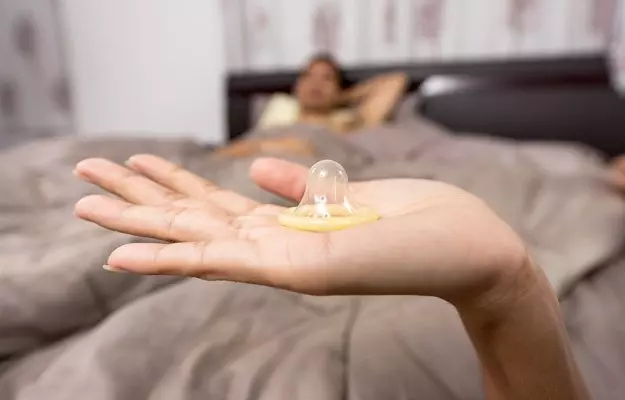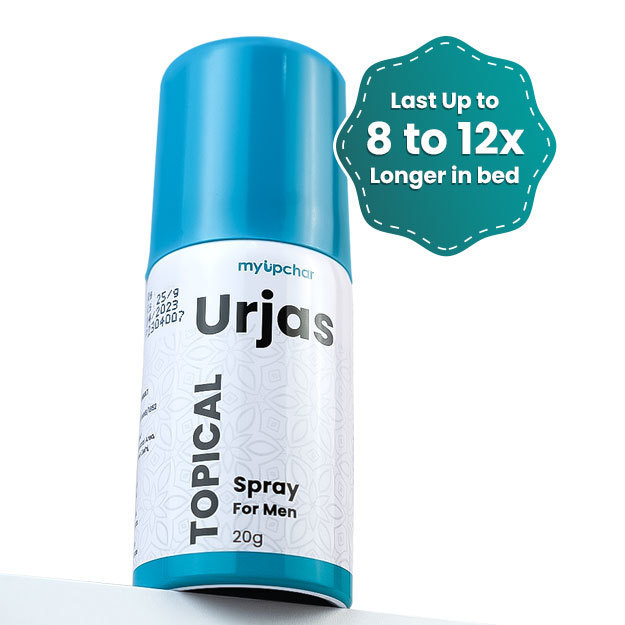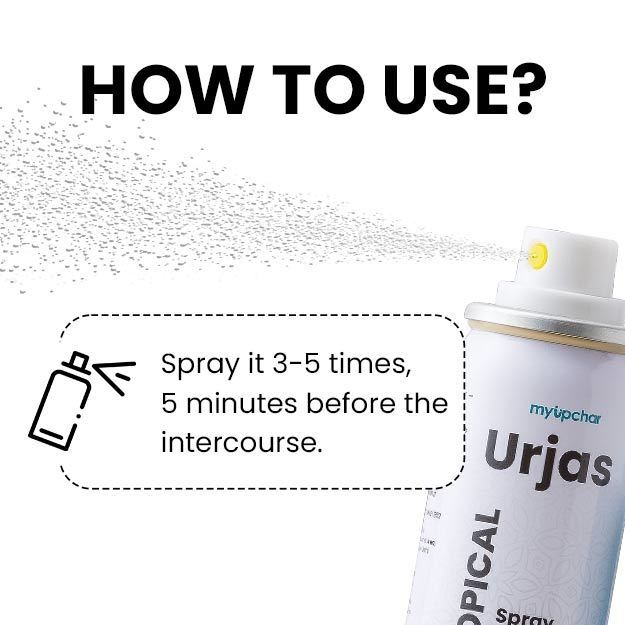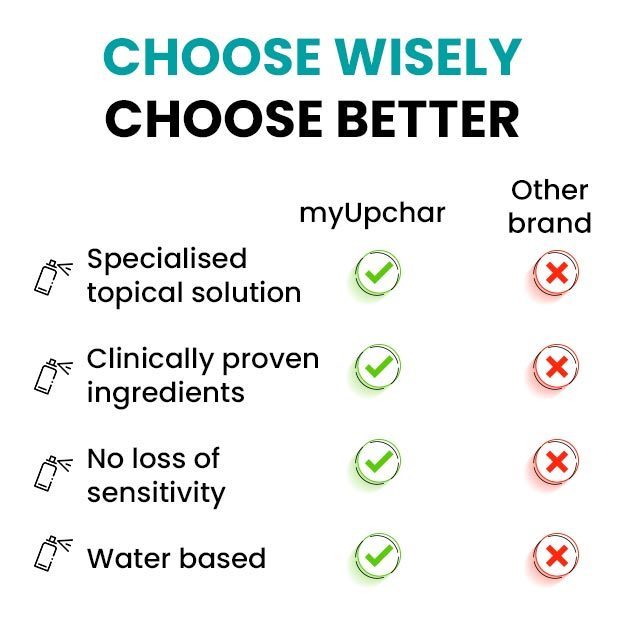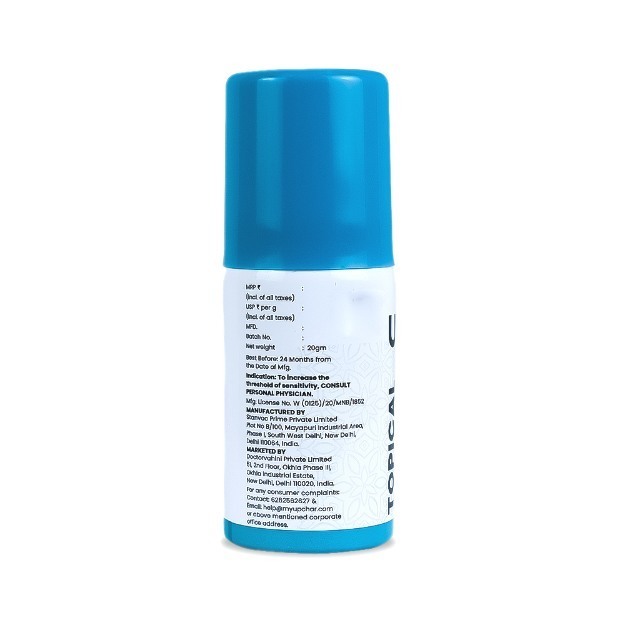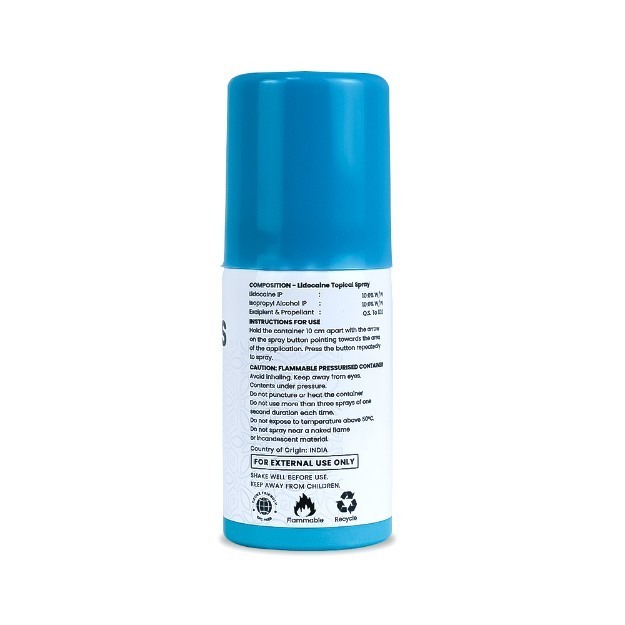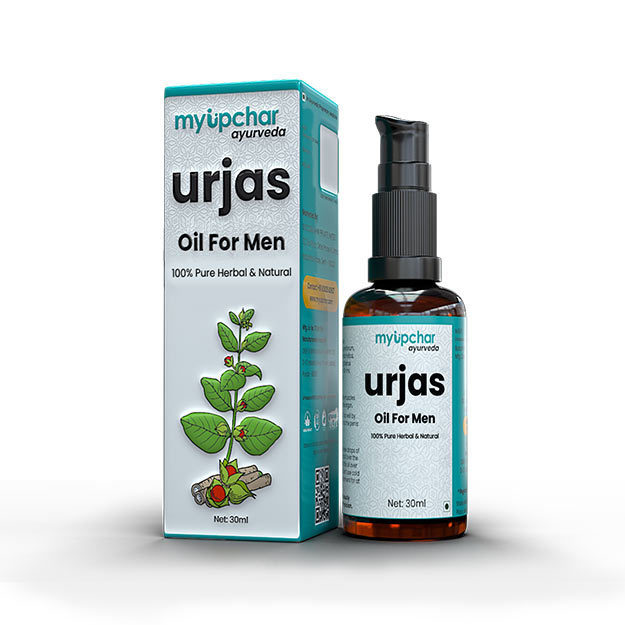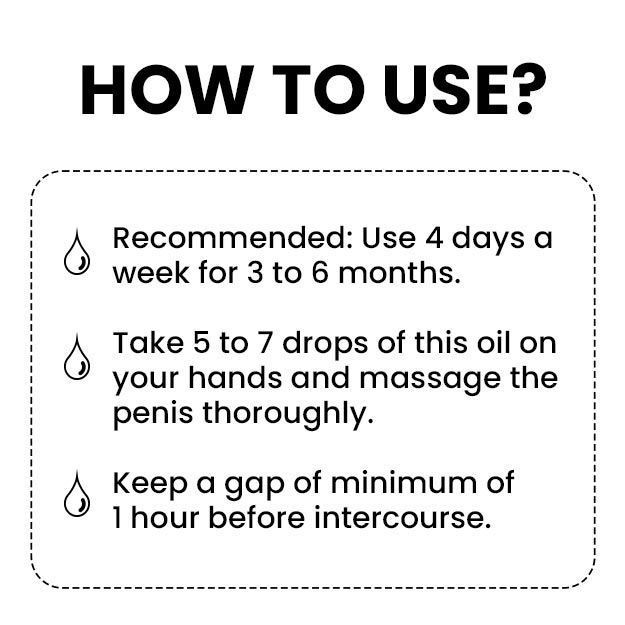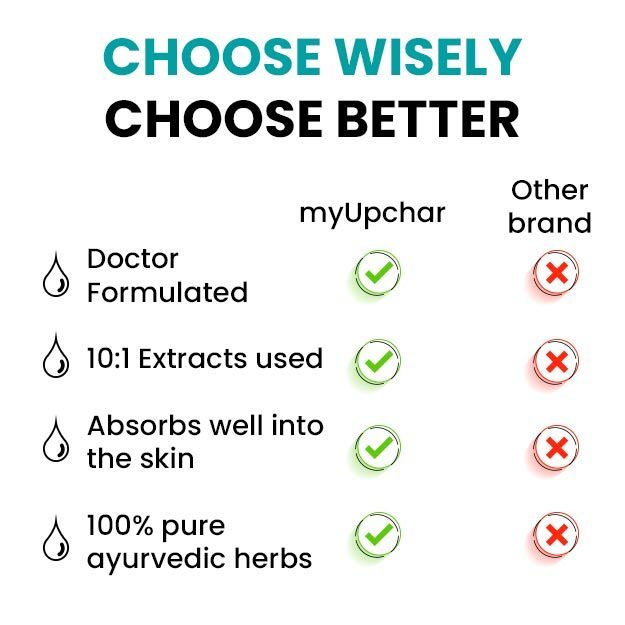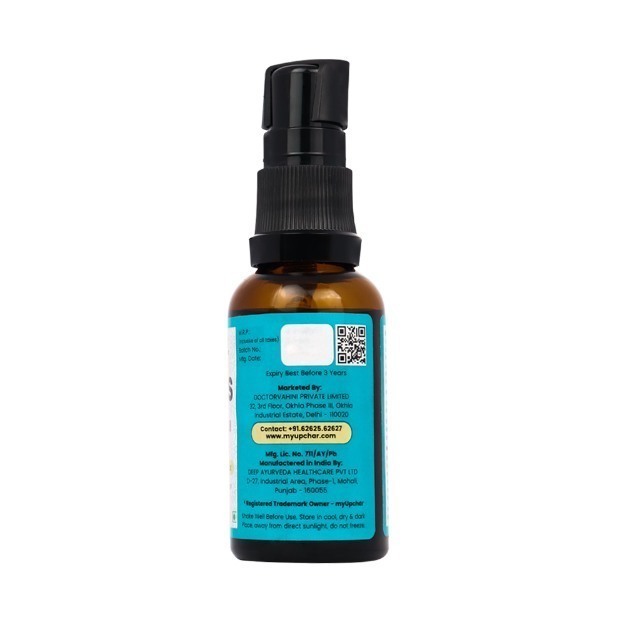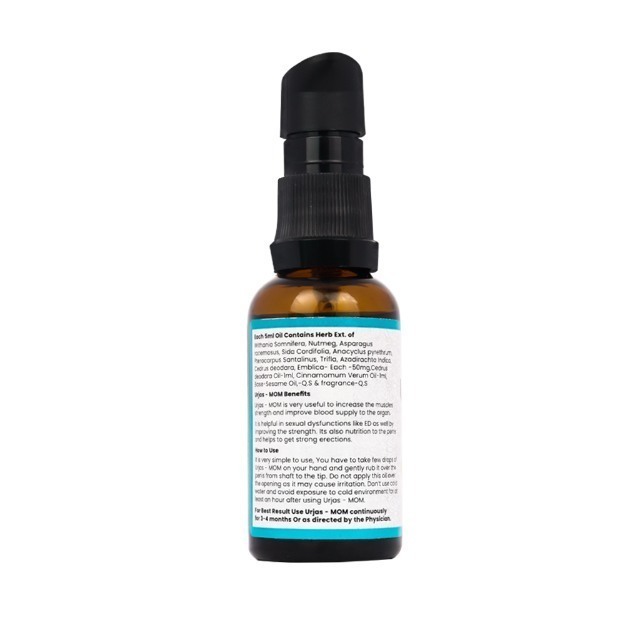Safe sex refers to the practice of taking corrective measures before and during the act of sexual intercourse, which helps to protect you and your partner from sexually transmitted diseases and related infections. Safe sex also improves your health, longevity and enhances your sexual experience, which may otherwise be affected by STDs that spread through unsafe sex. The most common STDs and STIs are:
The risk of STDs lingers each time one has sex but this risk can be reduced by following safe sex practices. It is also suggested that having sex with a single partner is safer since the prevalence of STDs is higher among individuals with multiple partners. If at all, one practices the latter, it is all the more essential to use protection during intercourse.
Contrary to the belief that sexually transmitted diseases cannot spread through activities other than vaginal sex, it is important for you to note that most of these diseases spread more than often by the anal route. STDs like gonorrhoea spread even through oral sex. So, it is essential to use protection while having sex in any manner.
The most common and effective method of ensuring protection is by making the use of barrier contraceptive devices like condoms or female condoms (femidoms). The use of such contraceptives along with other devices, methods and tips for safe sex has been discussed in this article.
We have brought male sex pills, click on the blue link to buy now.


